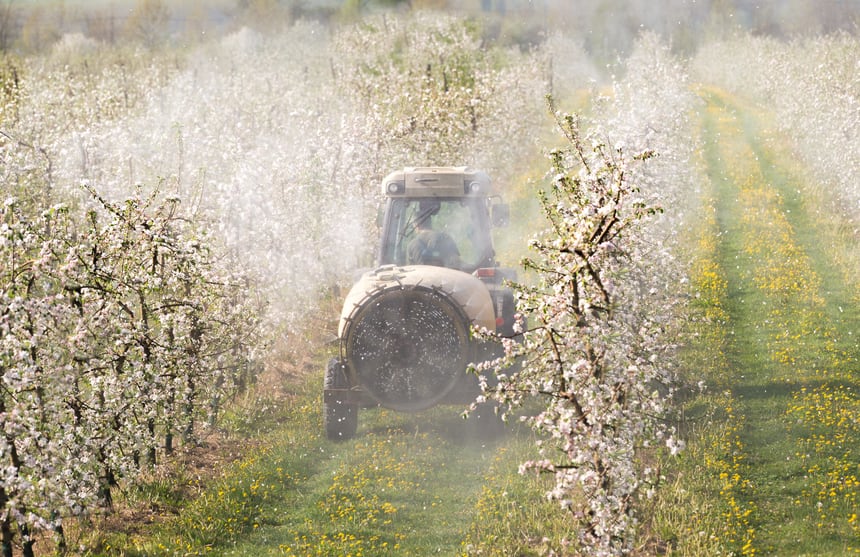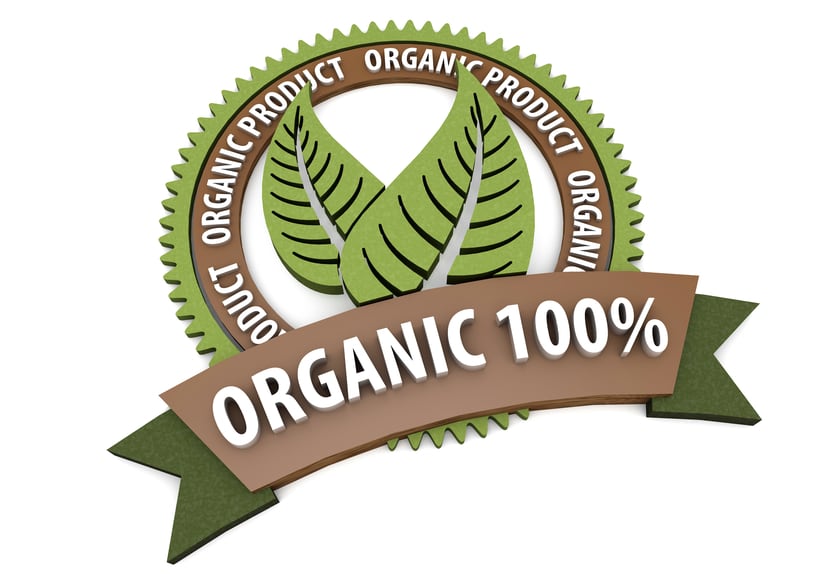According to a new study from Danish consumer association Forbrugerrådet Tænk, the three retailers all require their supplies to deliver produce with pesticide residue levels significantly below what is legally permitted.
Lidl requires pesticide residue 66% below what is legally allowed, Coop requires it to be 50% lower and Aldi says it must be 20-30% below applicable limits. The three chains also require a maximum of five different spraying agents are used per item.
However, Forbrugerrådet Tænk noted, the results of its nationwide survey varied significantly from chain to chain. Dagrofa, Salling Group and Rema 1000 go no further than the law in this area.
The European Commission sets maximum residue levels (MRL), the highest level of pesticide traces legally tolerated in food or feed.
The commission says that the level of residue "must be safe for consumers" and "must be as low as possible".
The MRLs for all pesticides can be found on the MRL database.
The study also found significant variation in the amount of testing supermarkets undertake. For instance, Forbrugerrådet Tænk revealed, Lidl tests on average over 1,000 fruits and vegetables annually, while Rema 1000 tests approximately 96 items annually. The Coop meanwhile said it analyses 500 samples a year and takes a risk-based approach to assessment.
According to the Coop, if a sample comes back positive this triggers a procedure that sees it engage with the supplier to request an explanation and documentation of all chemicals used in production. Depending on the severity of the issue, the retailer could require additional pesticide tests on the next three batches received before normal trade is resumed. If these requirements are not met, the supplier will be de-listed.
The Coop also has a ban on certain types of pesticide. The group has prohibited the use of 37 substances in the cultivation of the produce it sells. This list reflects pesticides that are banned for use in the EU but remain legal outside the bloc.
Survey flags consumer concern
Forbrugerrådet Tænk has launched a national campaign in Denmark to reduce the level of pesticides in fruit and vegetables.
This reflects mounting consumer interest in the issue. In a representative study, Forbrugerrådet Tænk found four in 10 consumers said they care to a ‘high’ or ‘very high’ degree about the issue of pesticides in food. One in three Danish consumers said they are less likely, or not at all likely, to eat produce contaminated with pesticide residues, even when the content is below legal limits.
The consumer watchdog is calling on retailers to place greater pressure on their suppliers to cut the use of pesticides in food production.
"Supermarkets play an important role in reducing the overall consumer exposure to pesticides - they can go directly in and place demands on the foods they sell. It is both positive and necessary that more supermarkets go beyond what the legislation requires,” said Anja Philip, chairman of the consumer council.
Philip argued that pesticides in fruit and vegetables can contribute to overall exposure to “problematic chemical substances” that consumers can meet in their everyday lives from various sources, including food, cosmetics and electronics.
The consumer body believes the risk assessments conducted by regulators should reflect consumer exposure to chemicals from multiple sources and any “cocktail effect” this may have. Forbrugerrådet Tænk wants to see endocrine disruptors and other “problematic pesticides” phased out.
Retailer perspective: Coop CSR chief
Speaking to FoodNavigator, the Coop’s chief of corporate social responsibility Thomas Roland said there are ”several reasons” why the supermarket decided to impose stricter requirements.
First among these was the Coop's ”long tradition” of ”working seriously” with the precautionary principle and concern that the cocktail effect could boost consumer the amount of chemicals consumers come into contact with. “We, as consumers, are exposed to thousands of chemicals on a daily basis. Therefore, our pesticide strategy is only a part of a larger strategy to reduce the presence of unwanted chemicals in our products to a minimum,” he noted.
The Coop’s own monitoring suggests that the level of pesticides allowed under EU law is unnecessary for food production, Roland continued. “It is actually possible to produce the fruits and vegetables with a lower threshold than the official EU-regulated limits. We have monitored the levels of pesticide residues for a number of years and we have found that it Is the right time to act now.”
Perhaps most significantly, Roland reiterated Forbrugerrådet Tænk’s conclusion that pesticide residues are becoming a crunch issue for Danish consumers.
“Customers are worried about the extensive use of pesticides and the residues in products. Almost 30% of our sales of fruits and vegetables are organic today, and the main driver for that is a wish for pesticide-free production,” the CSR executive observed.
He also suggested that the Coop will continue to tackle the issue with further action in the pipeline: “These new requirements are a first step towards supplying more and more conventional products also without pesticide residues.”




